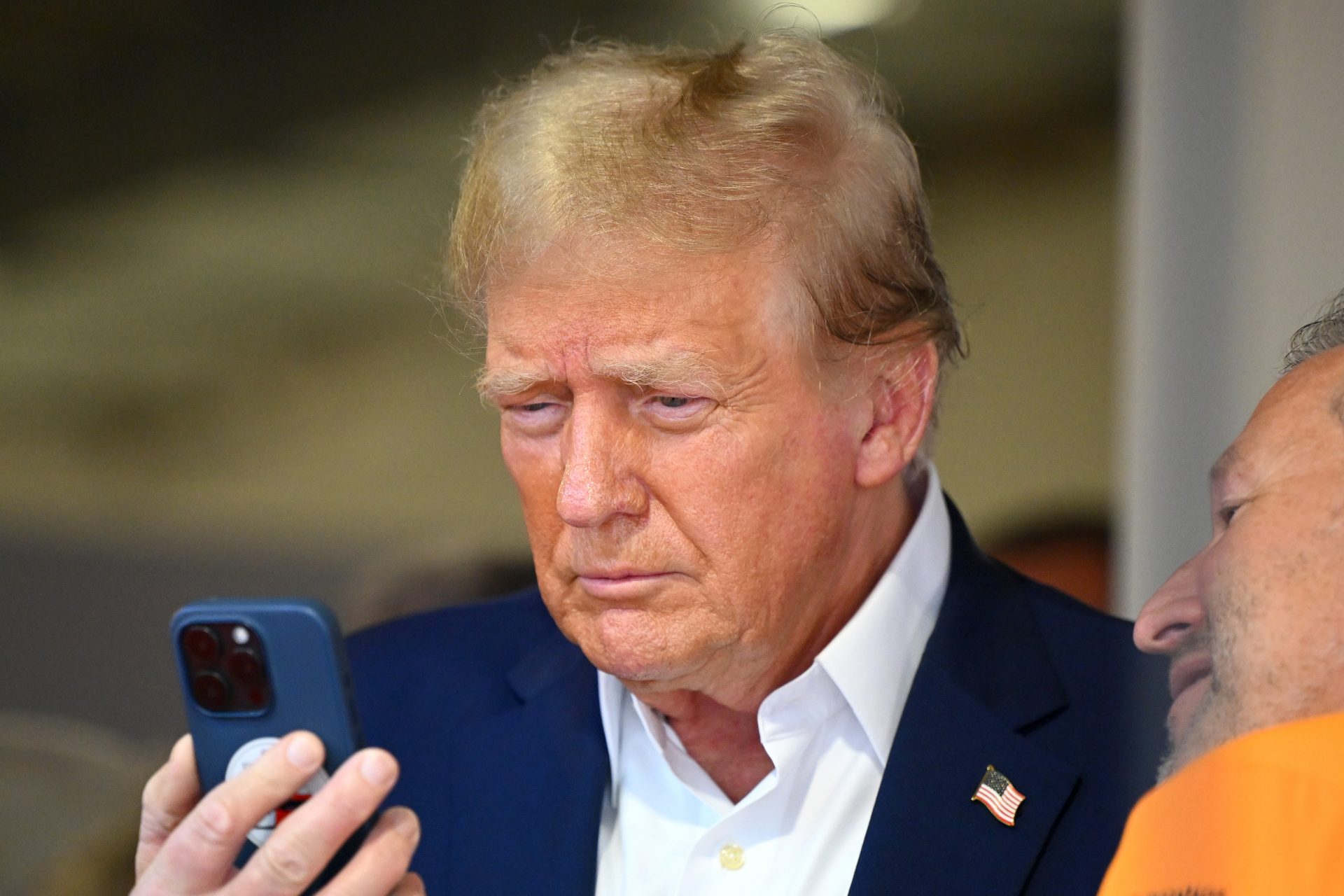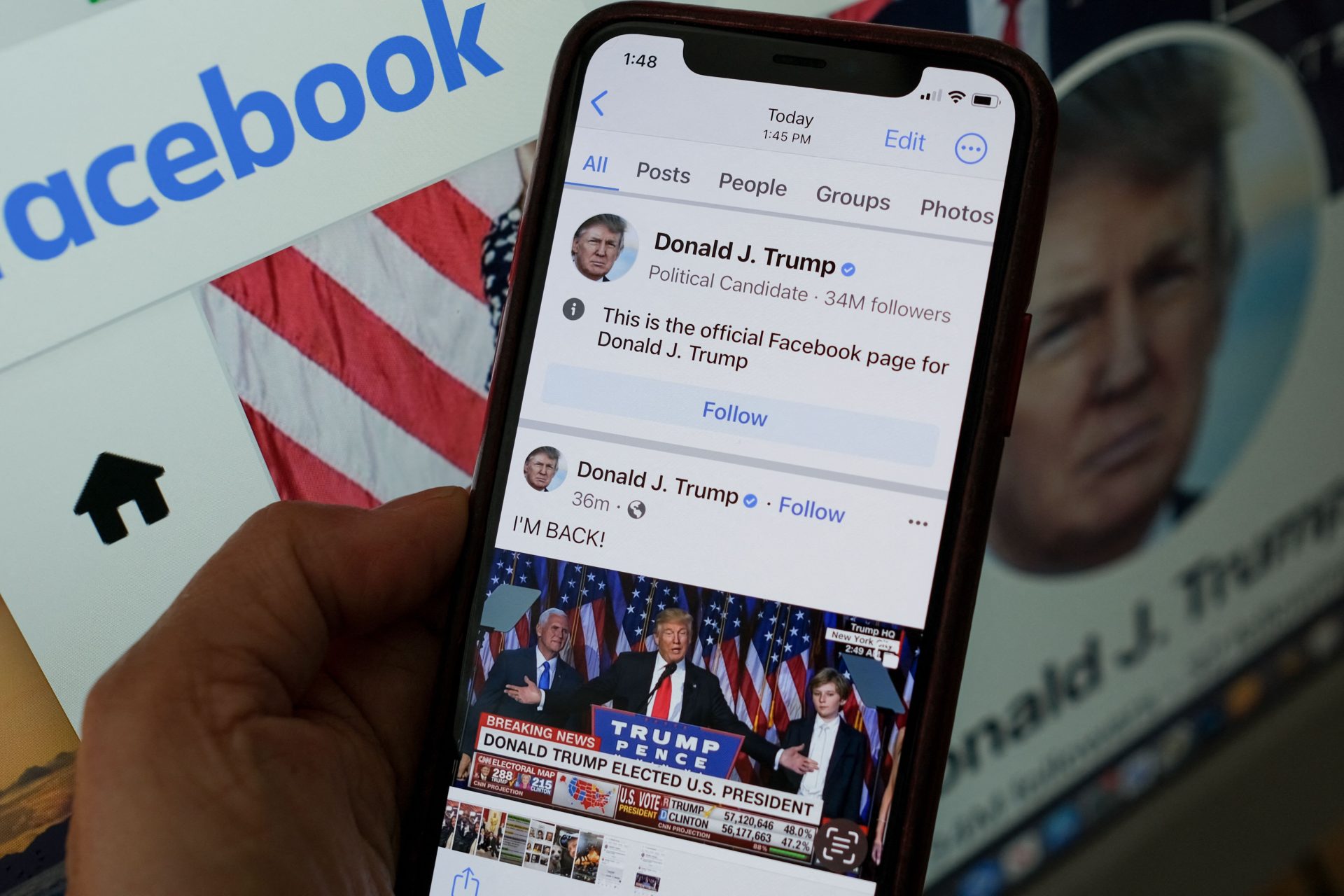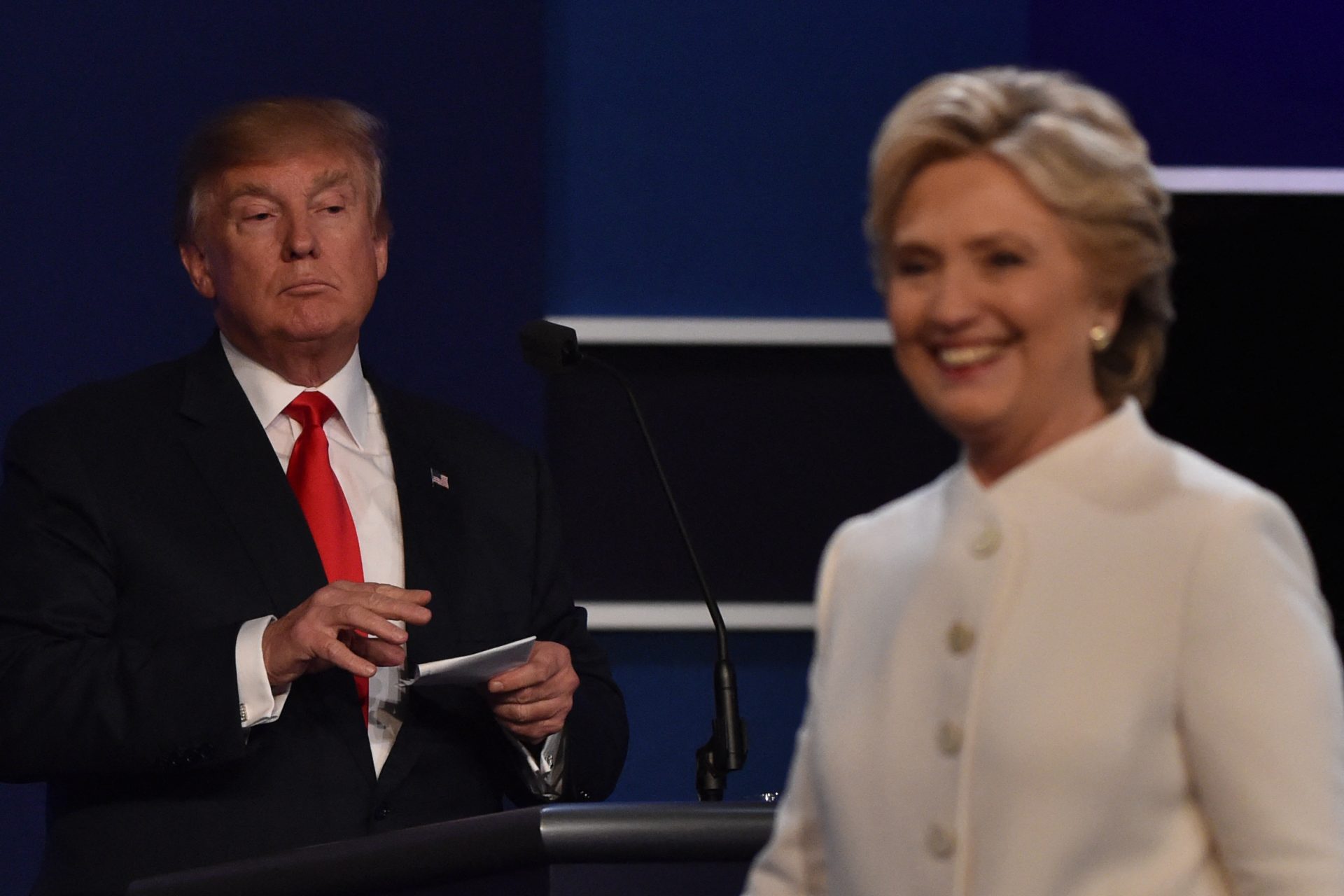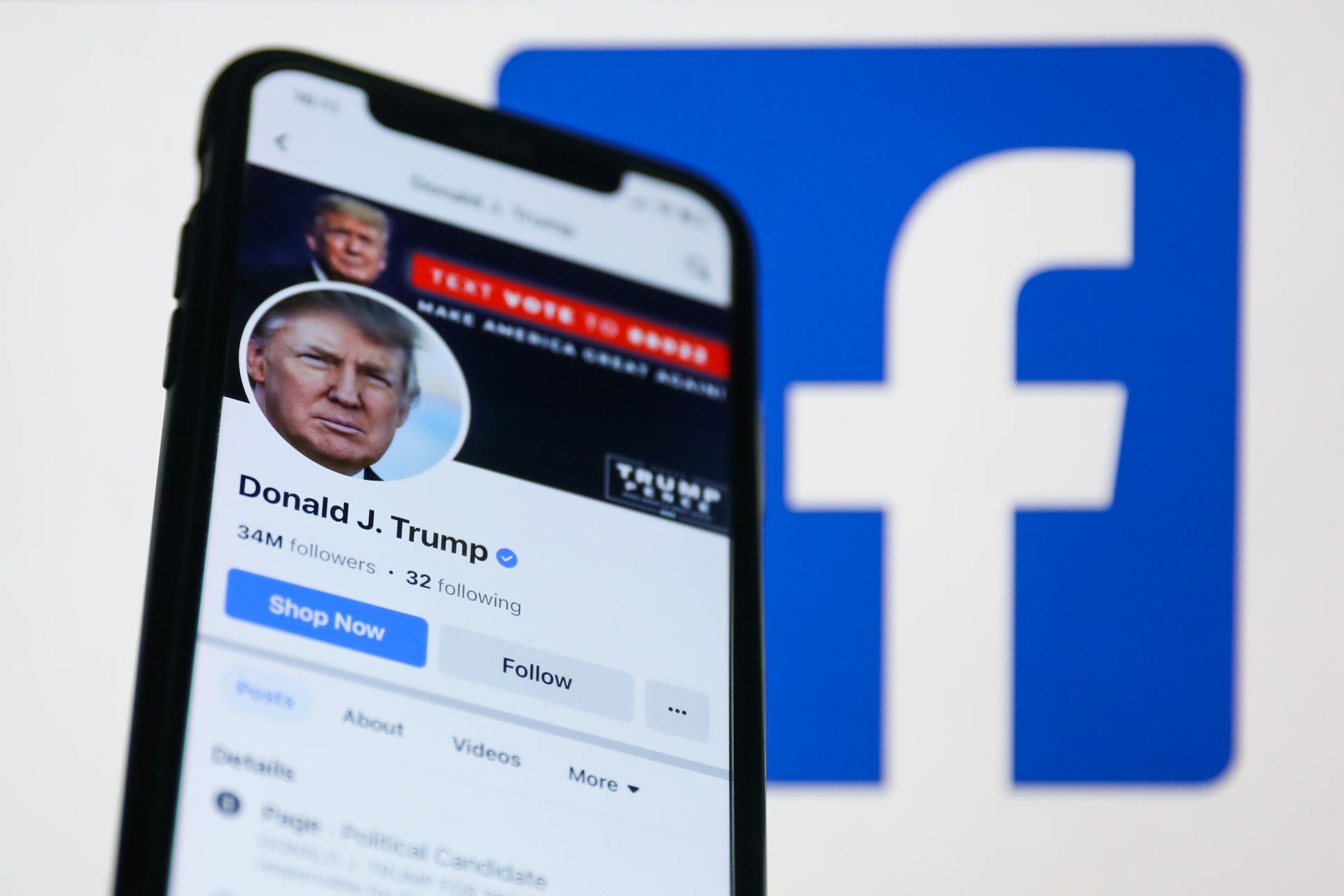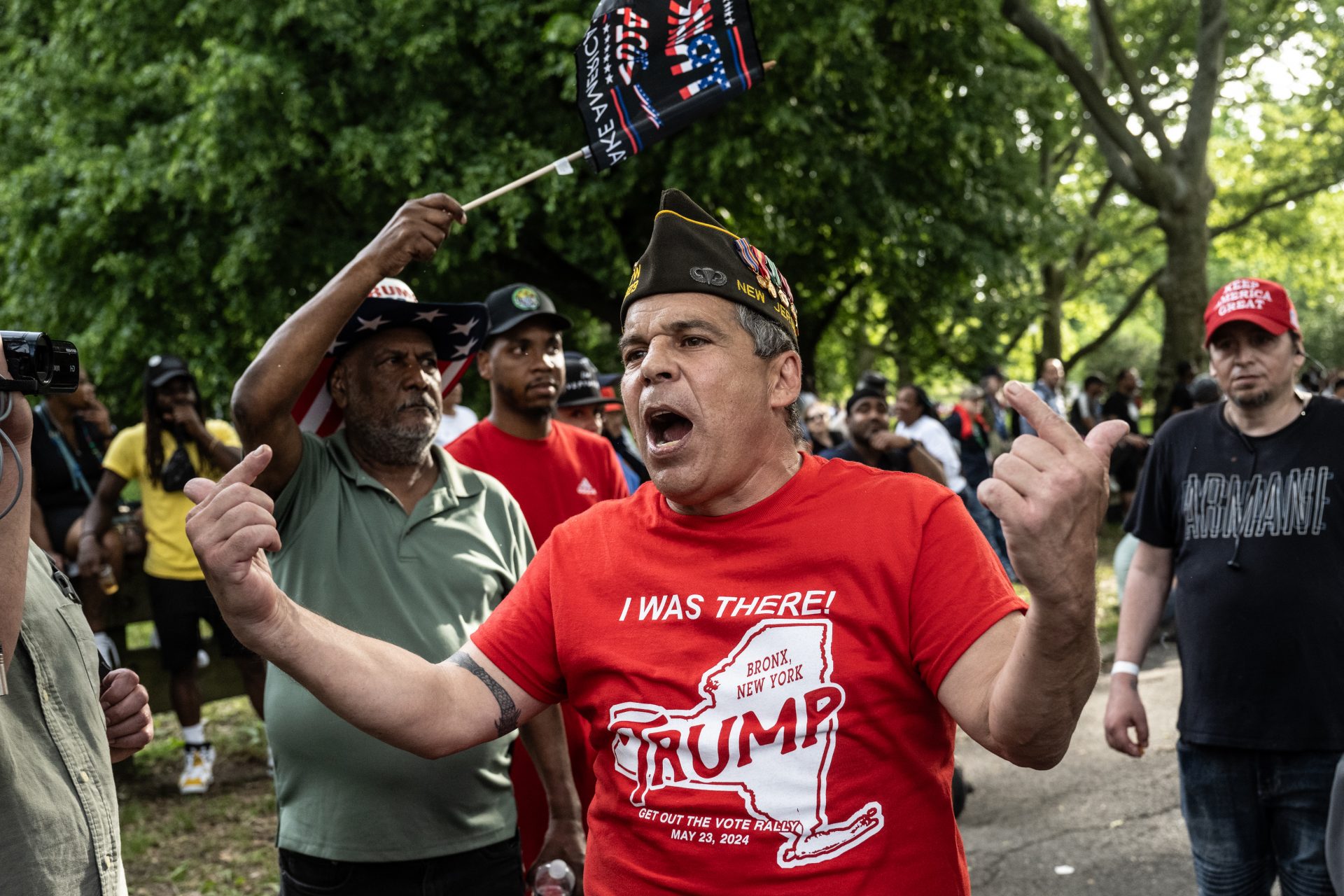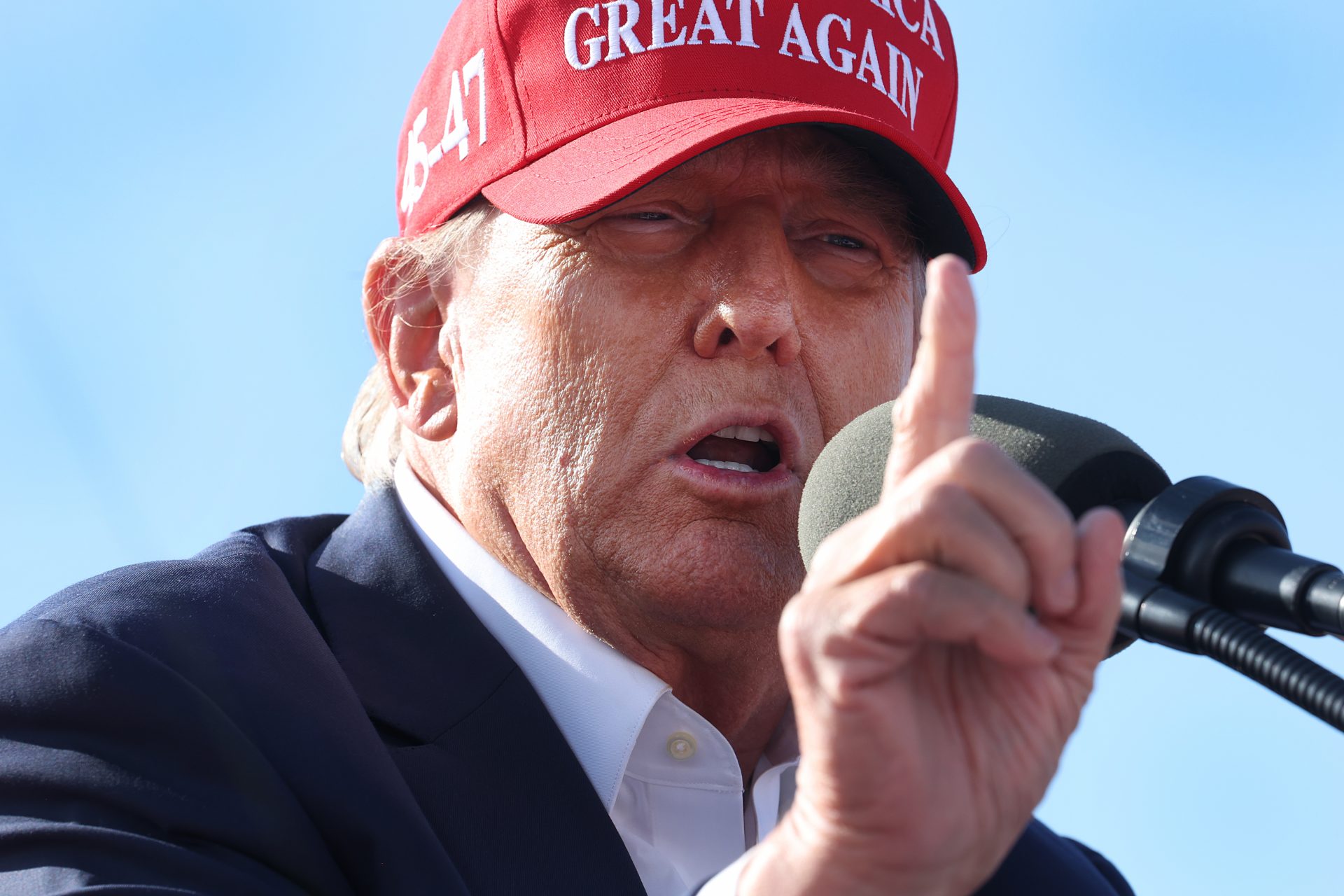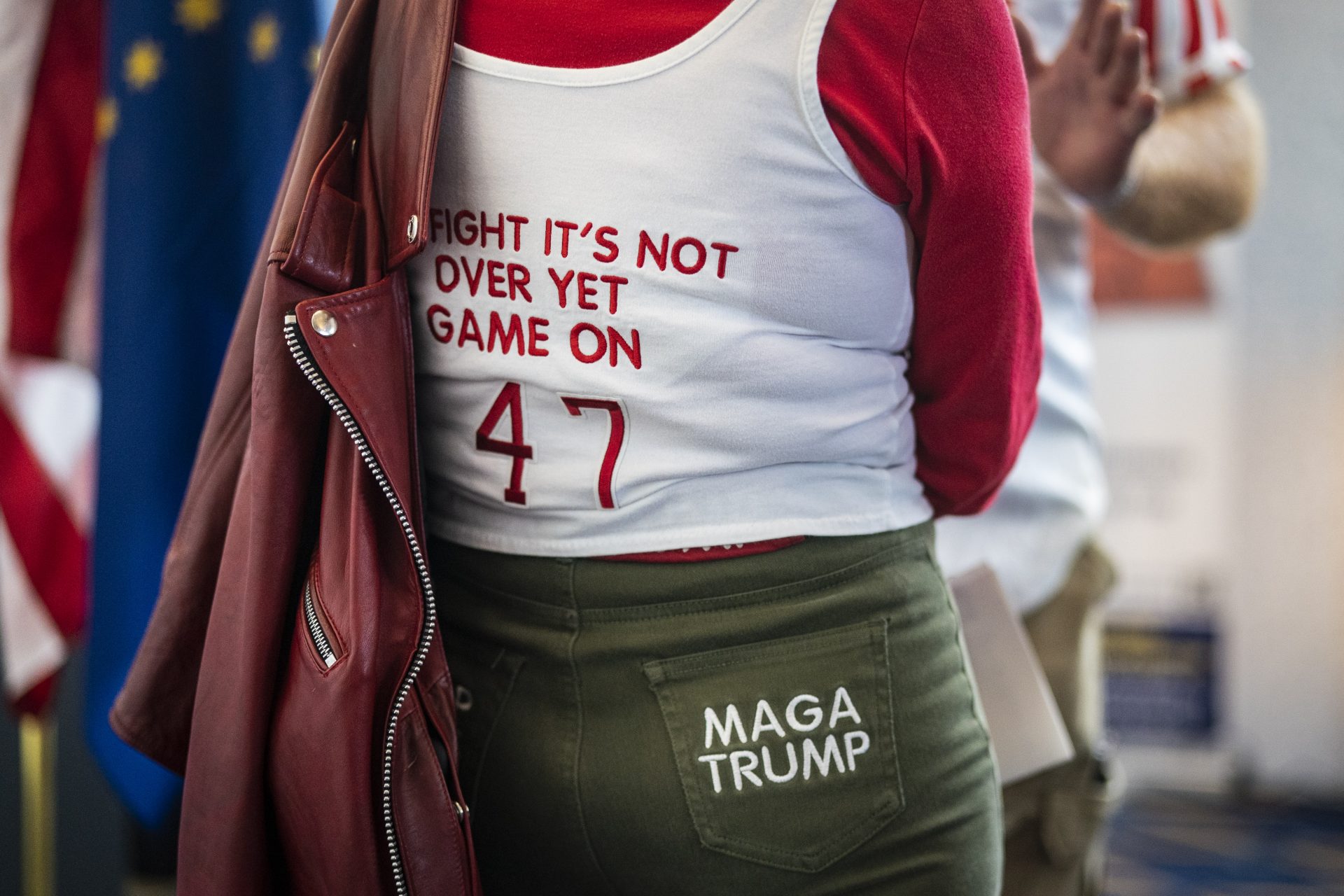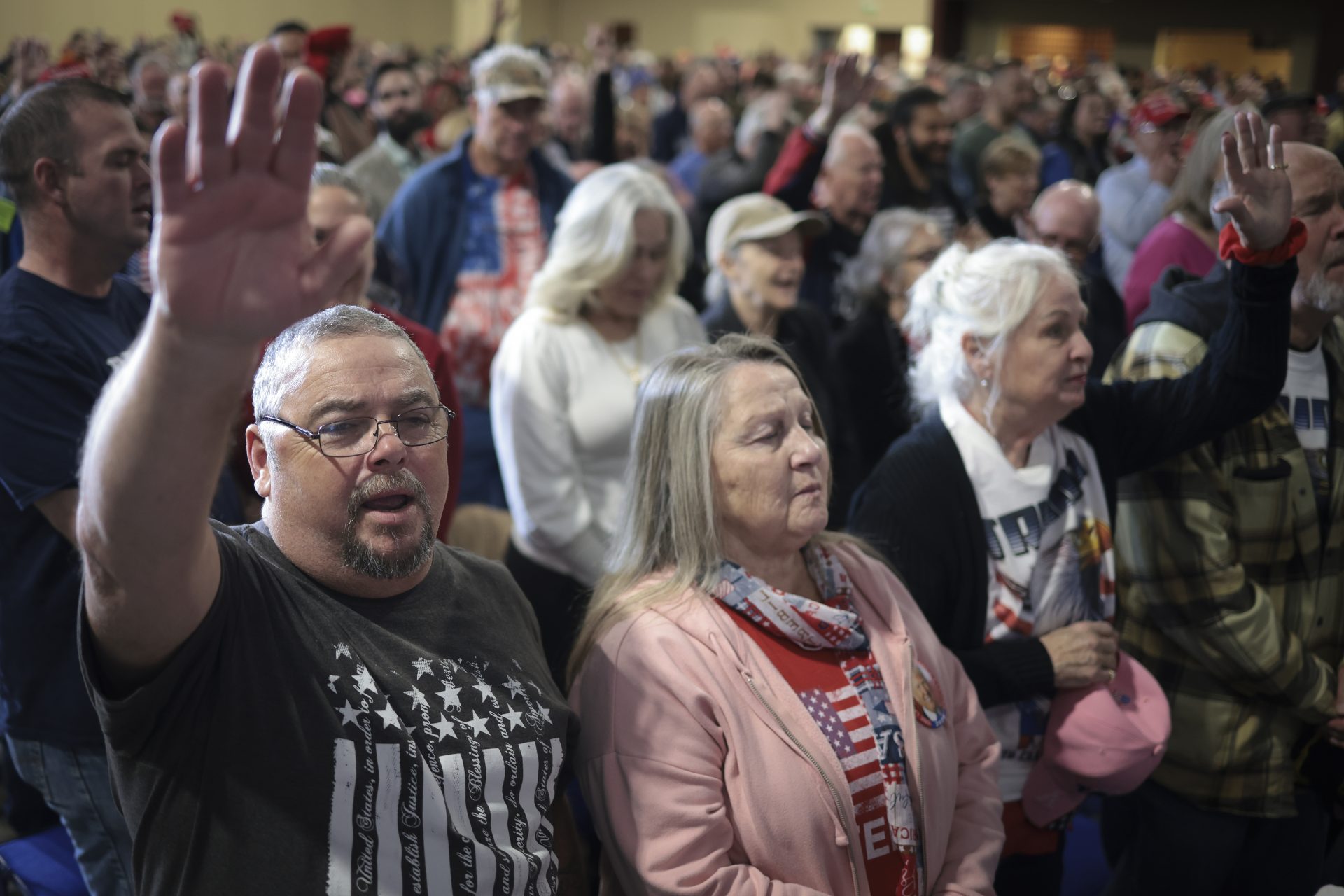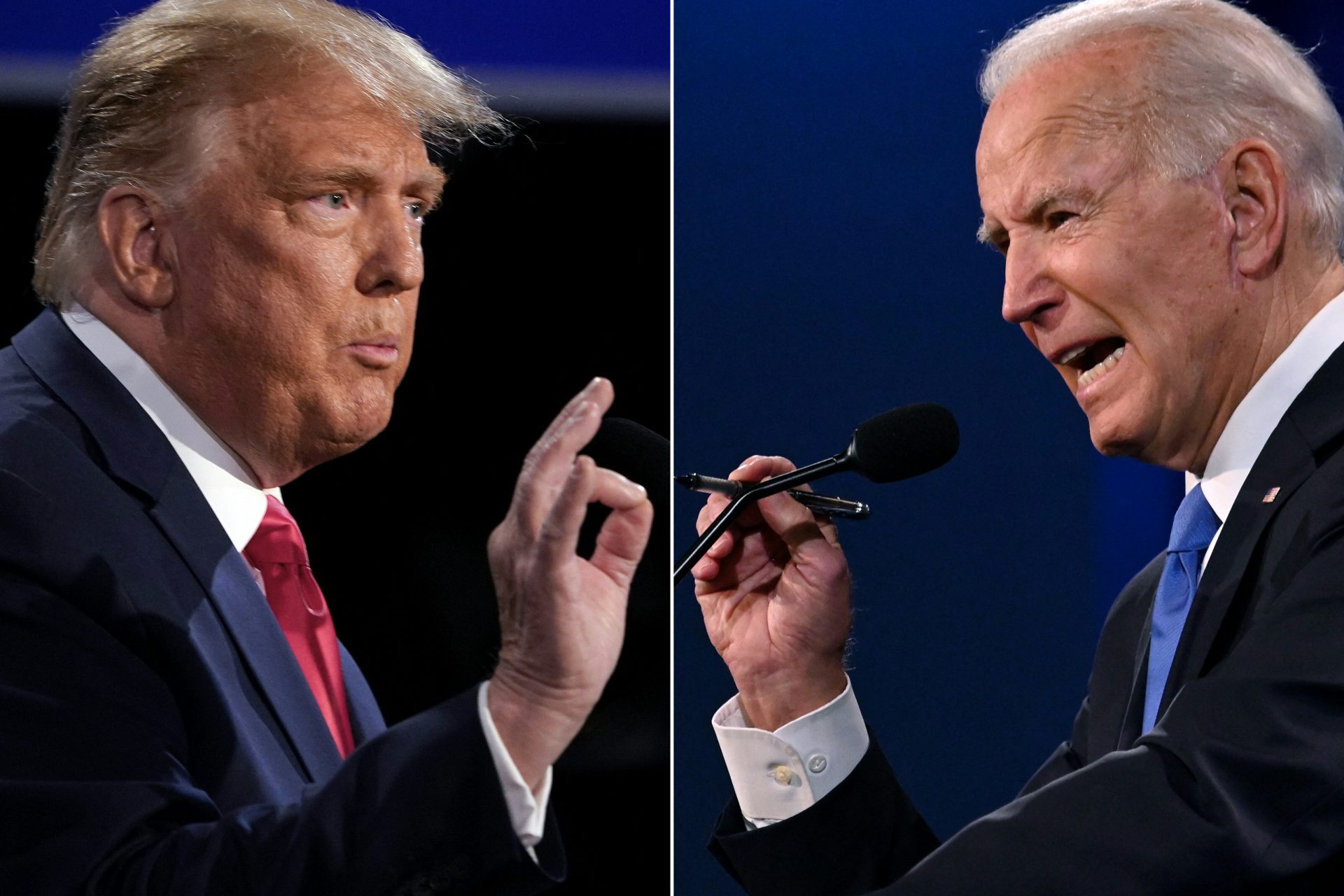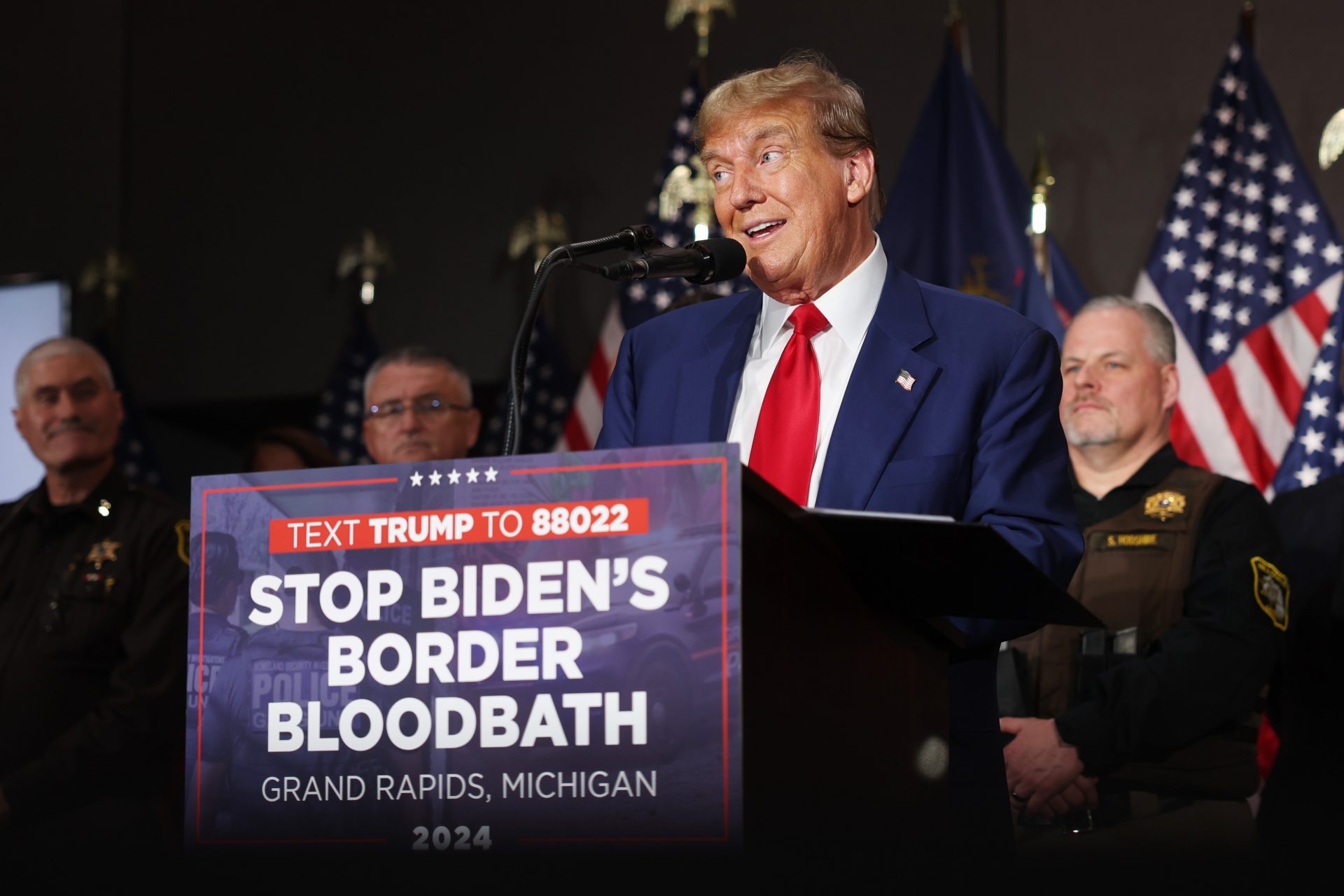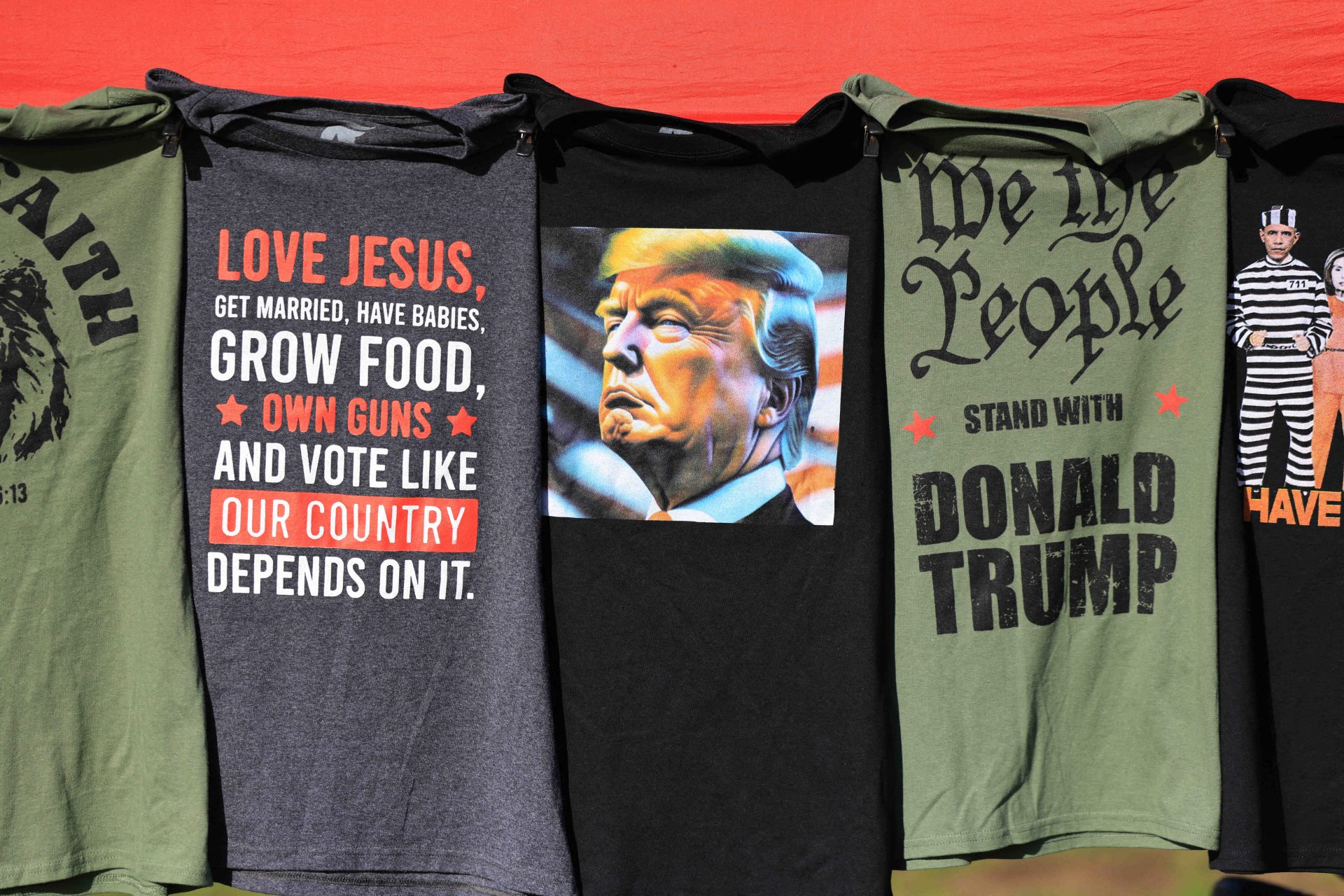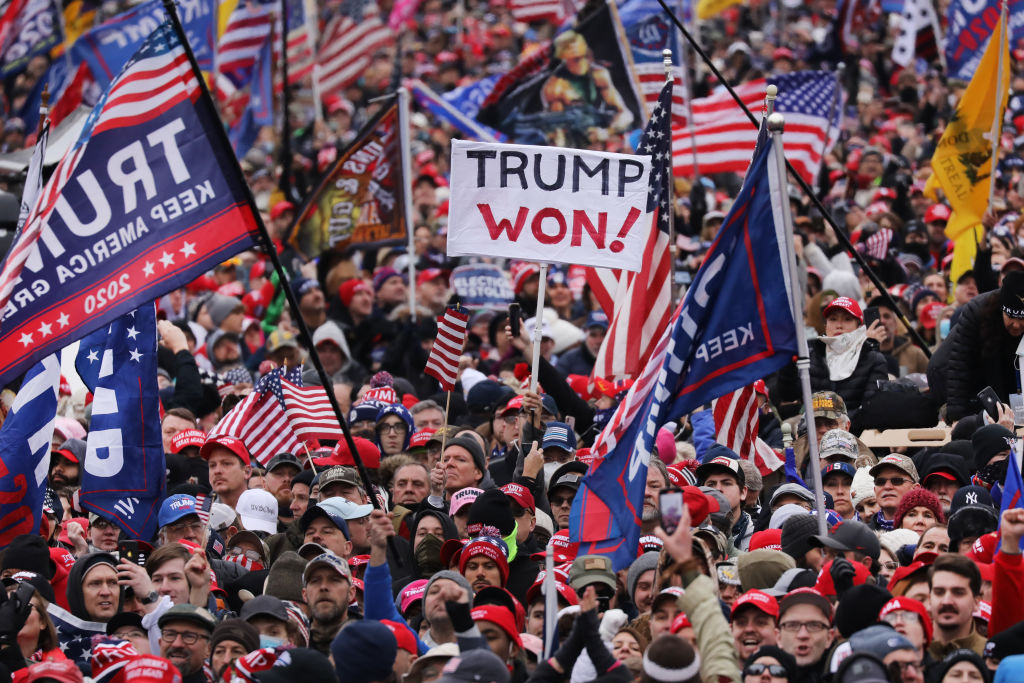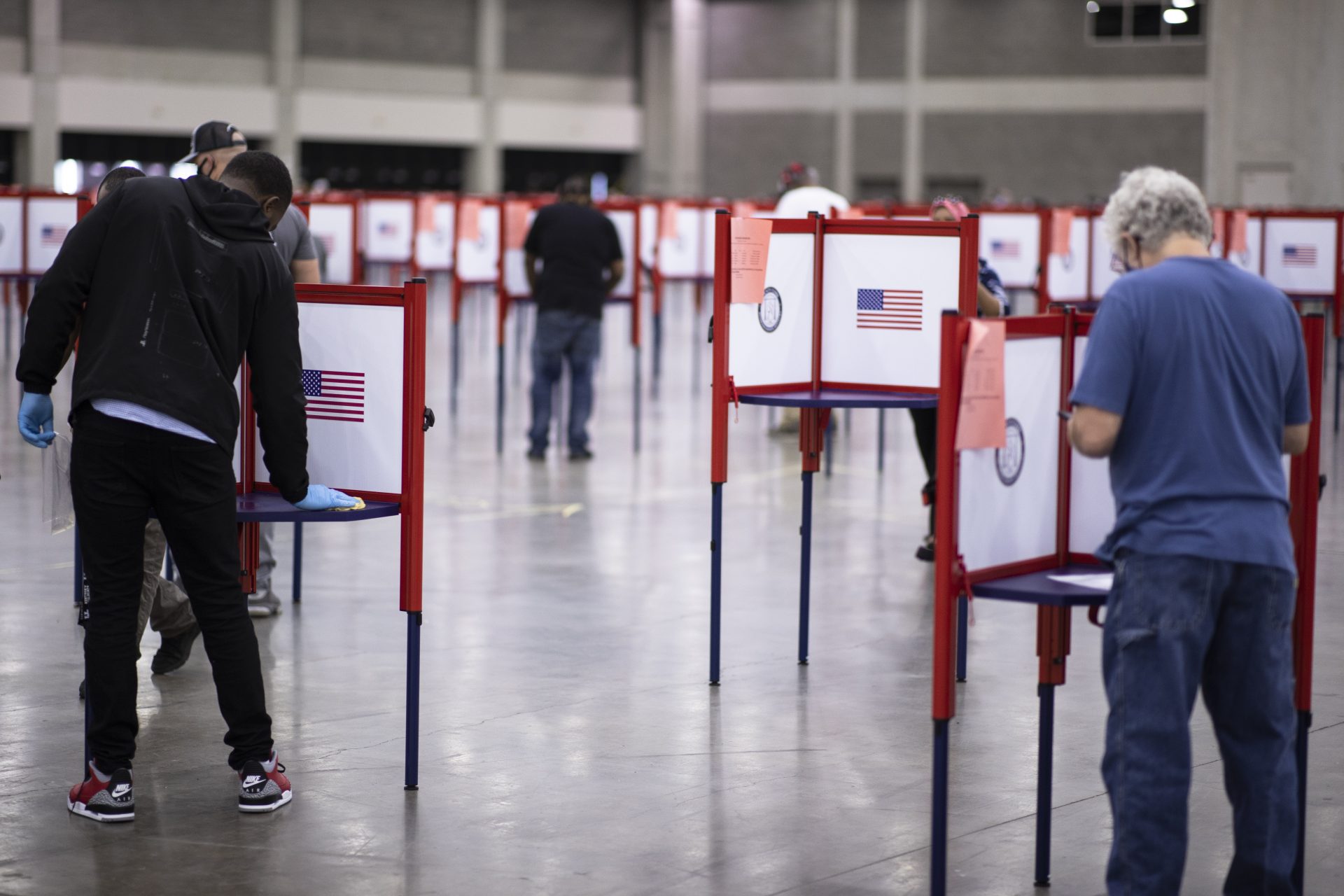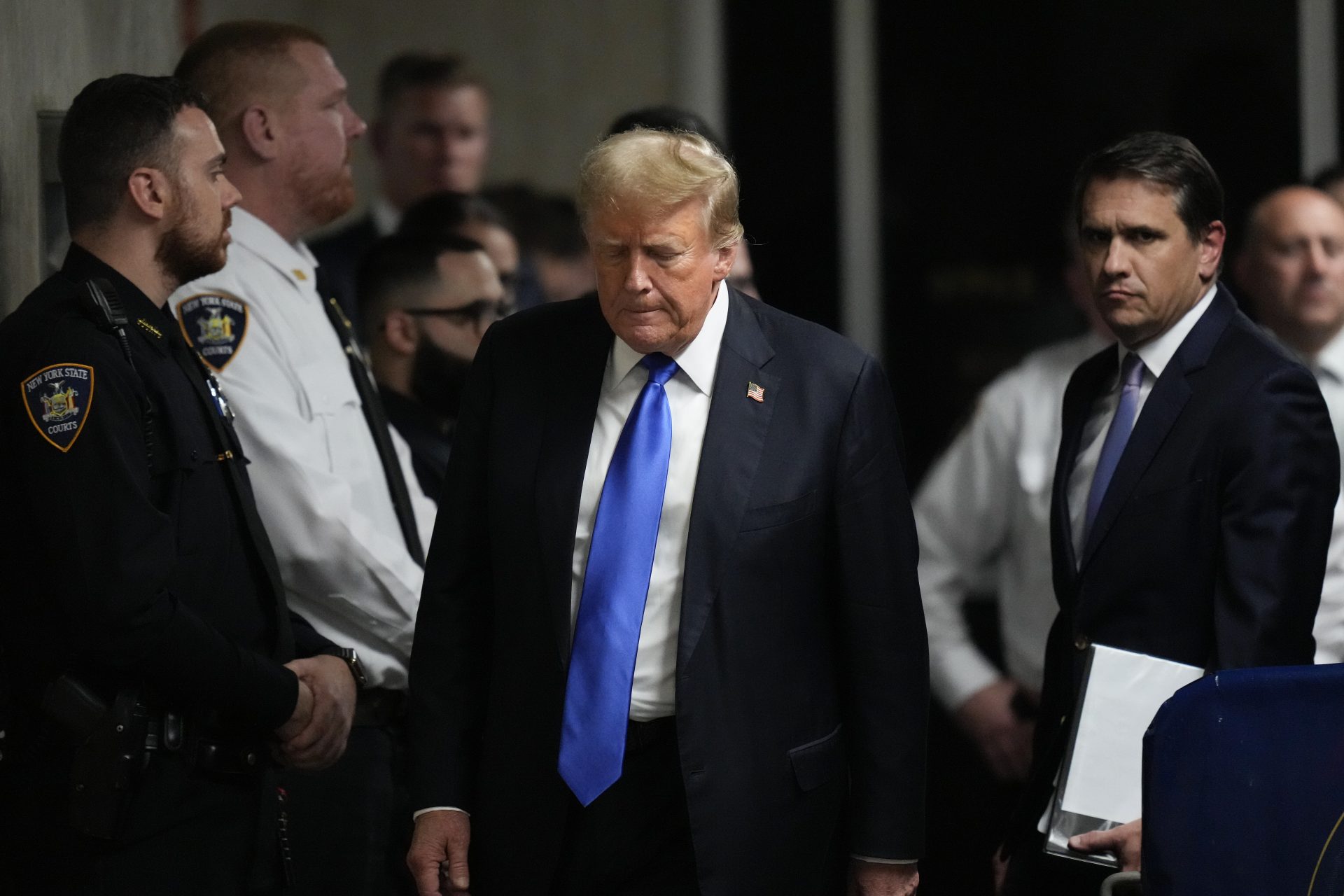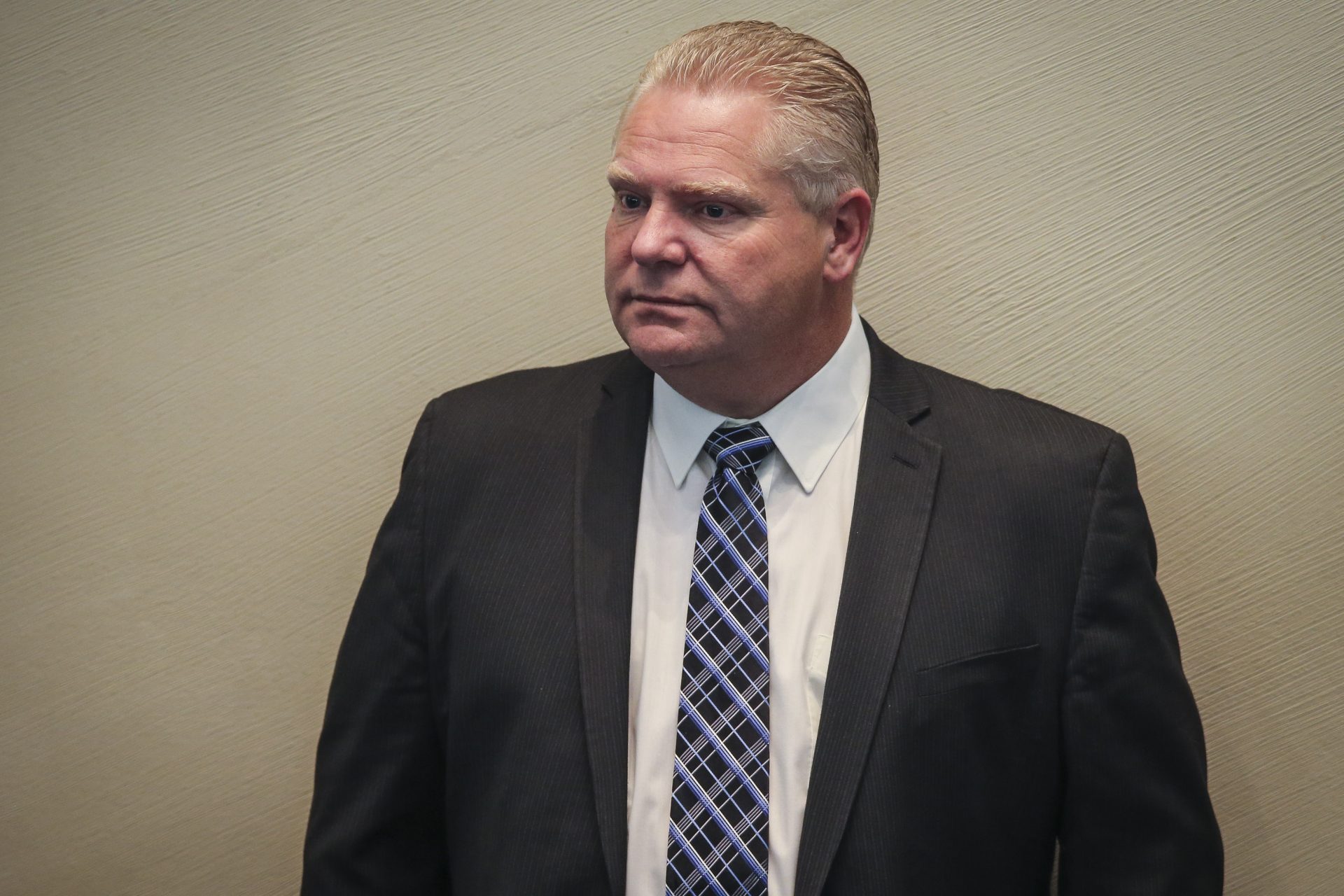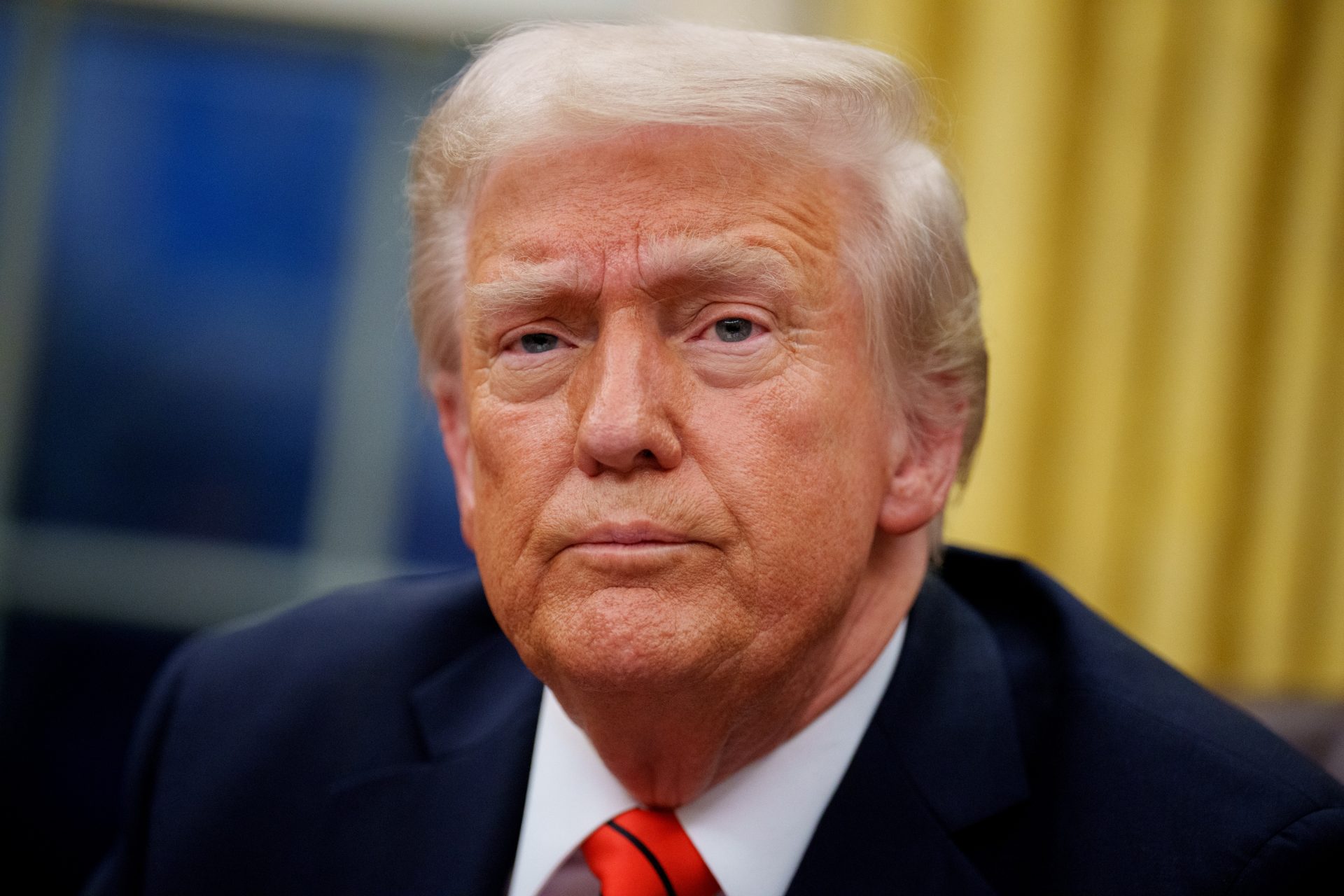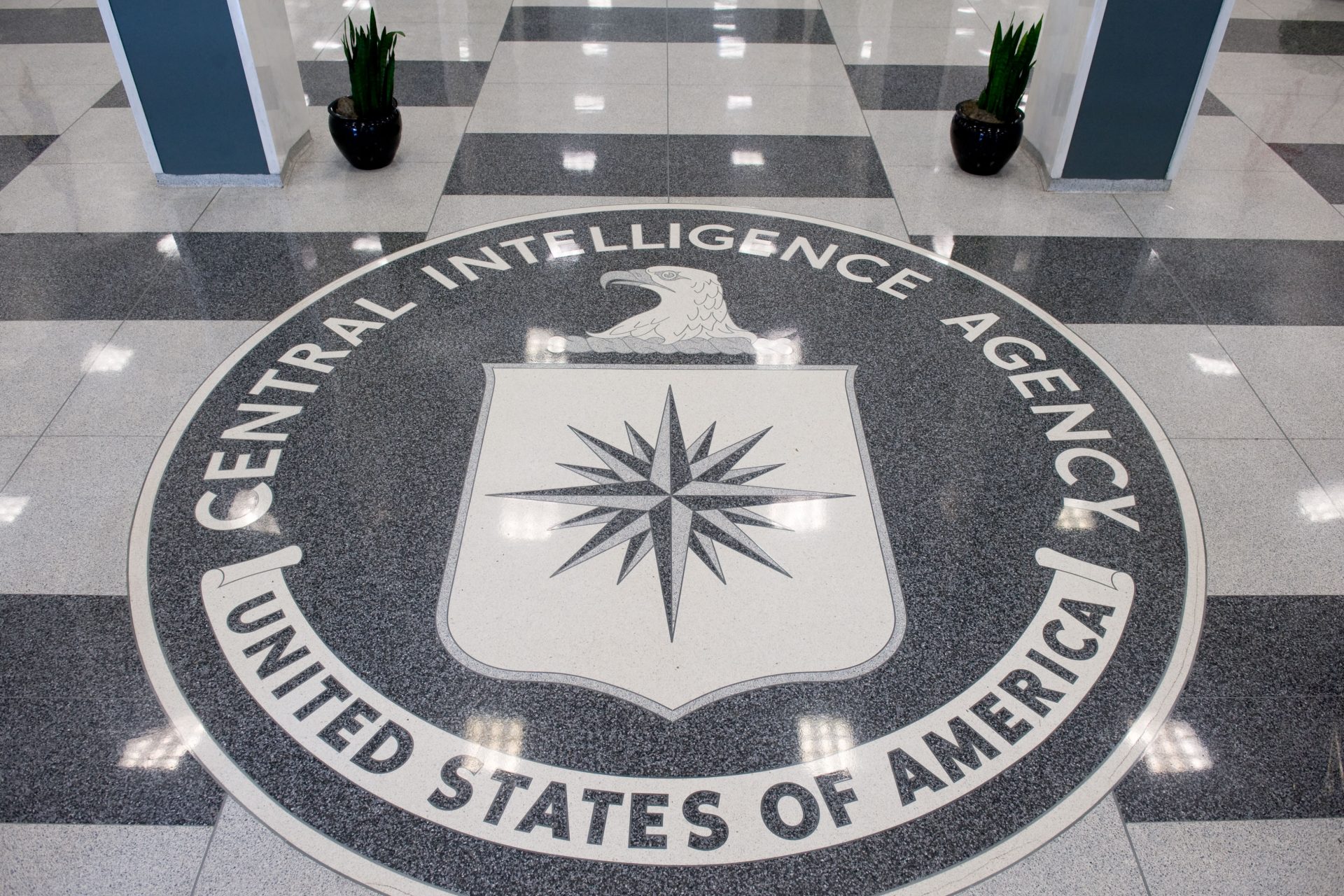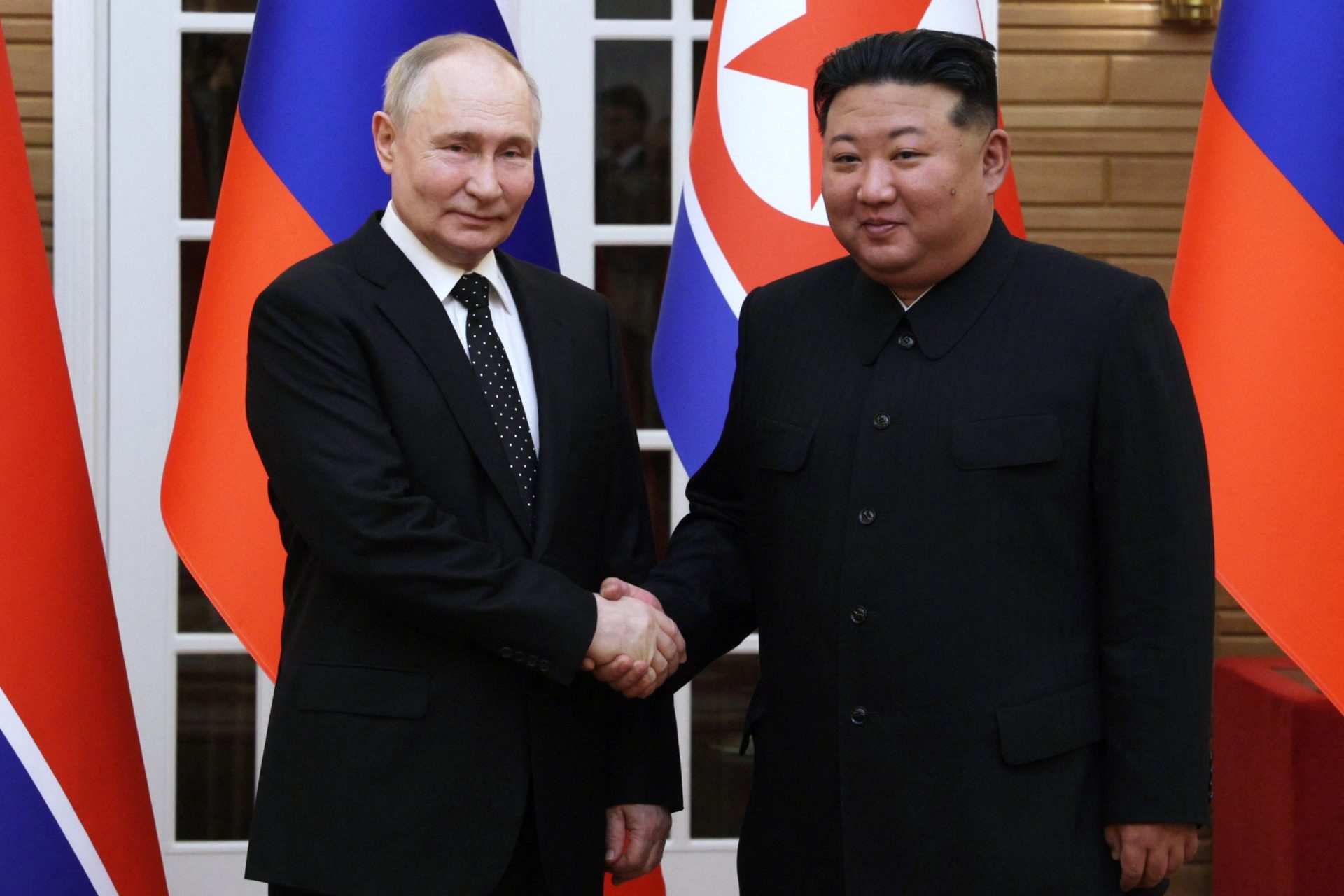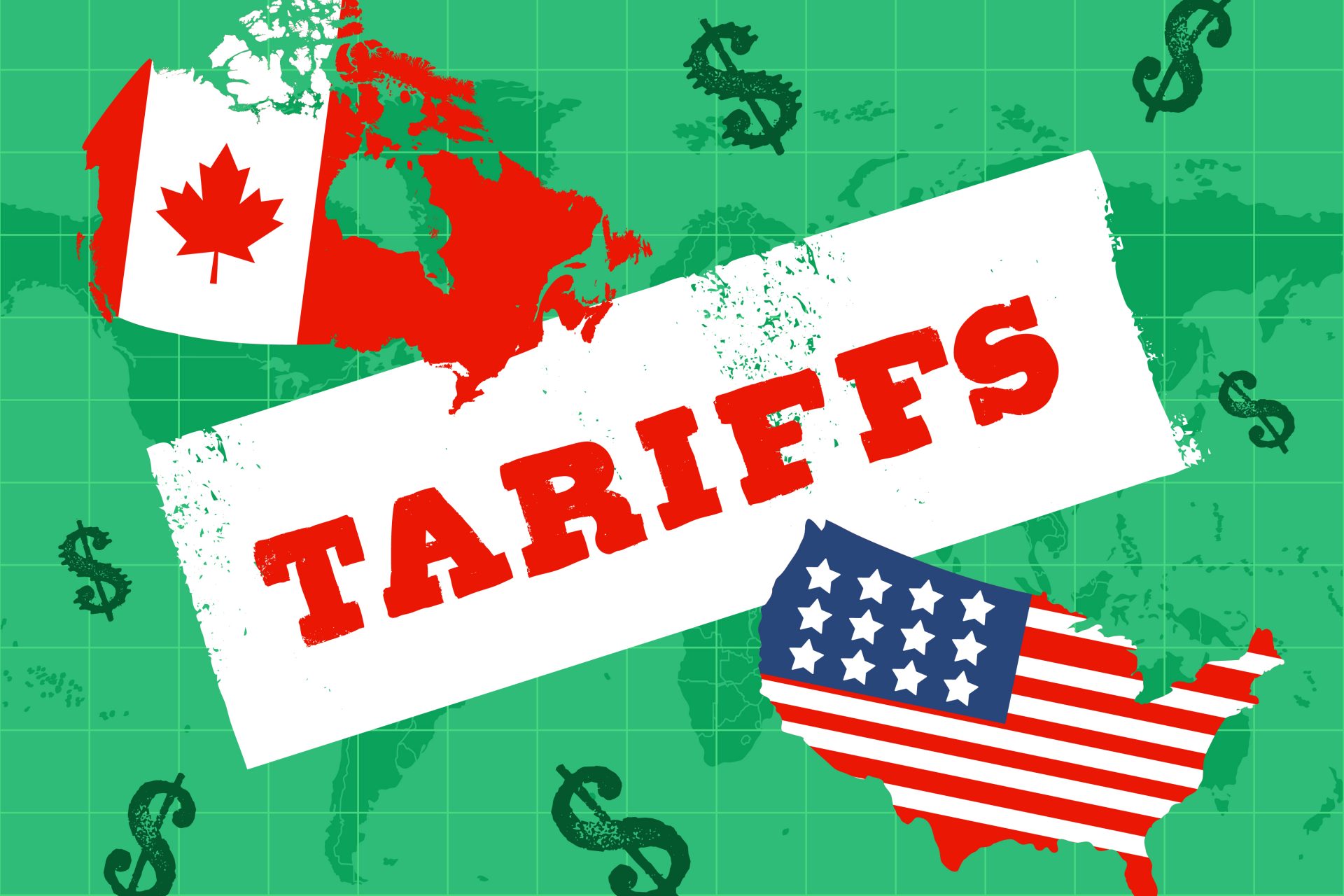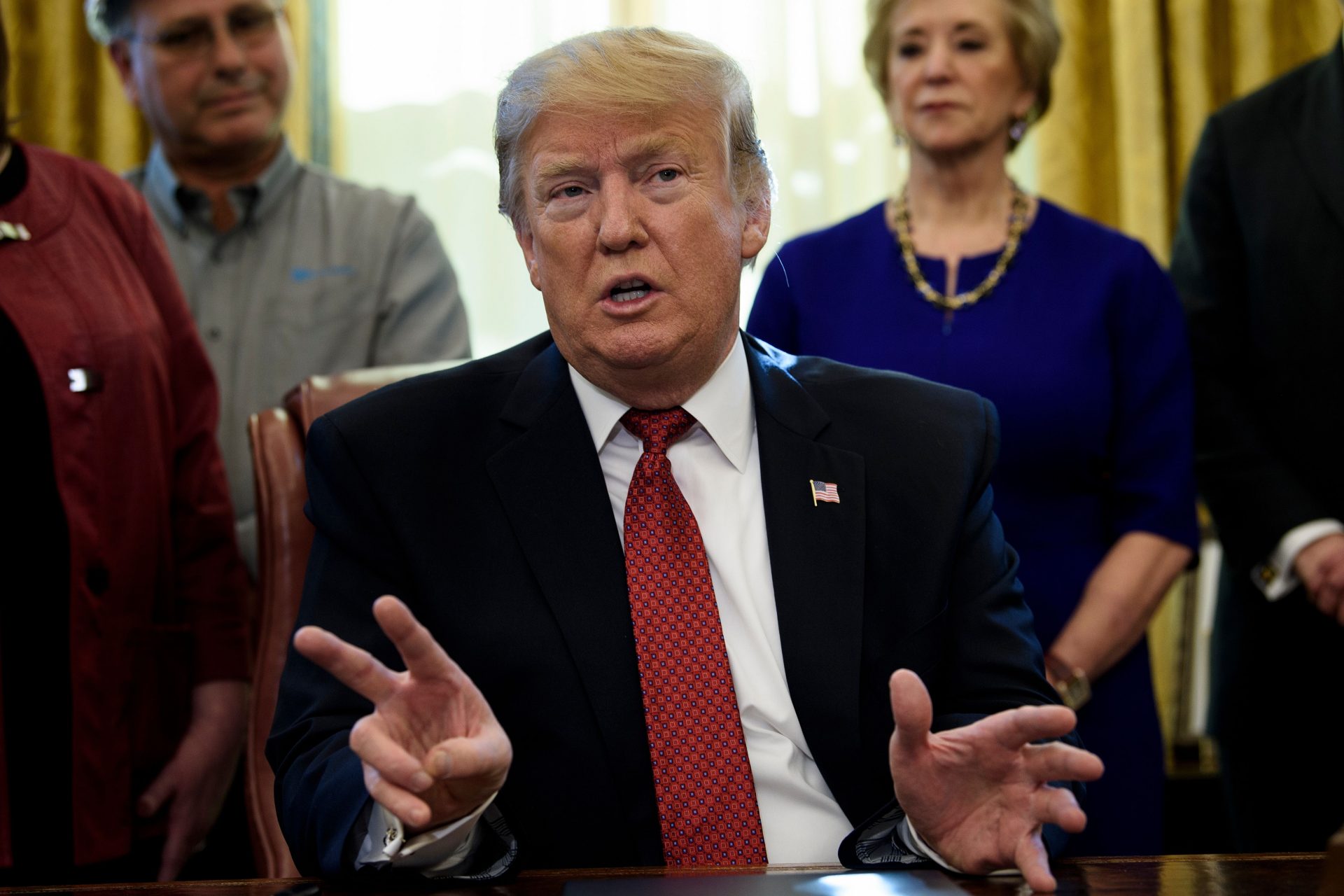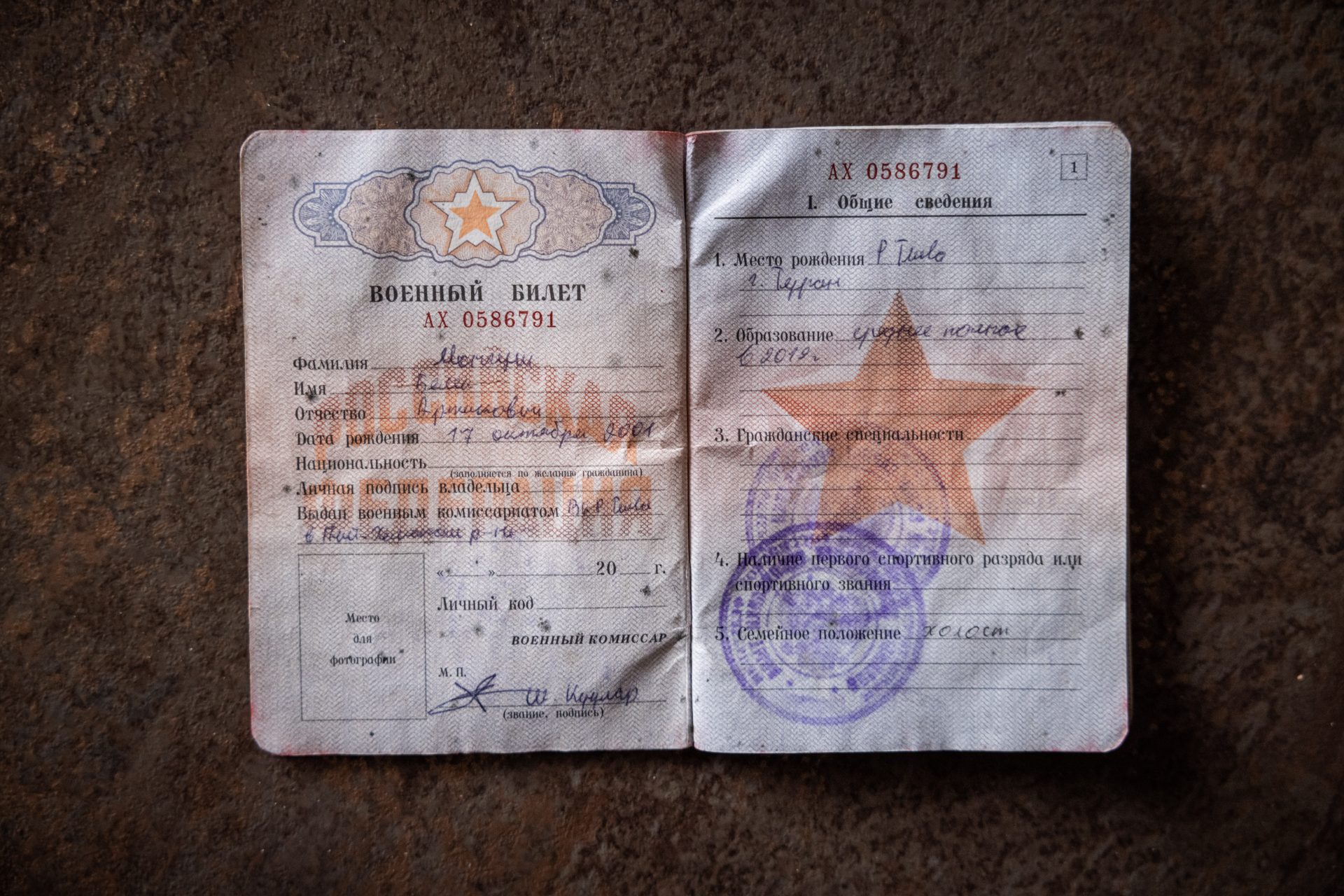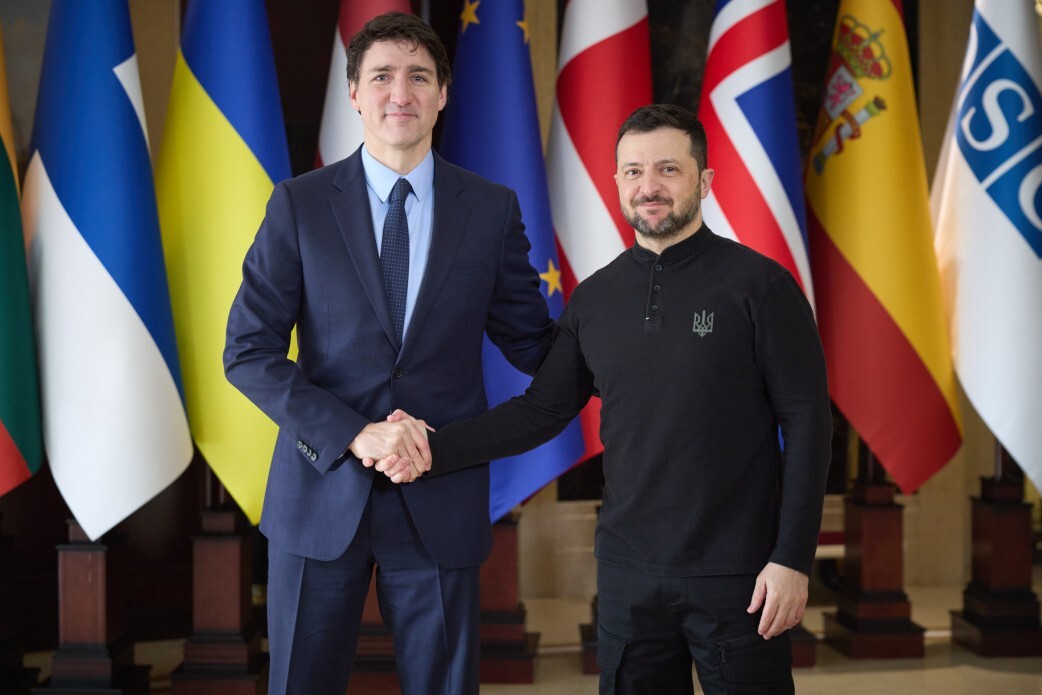Facebook and Instagram had a surprising impact on Trump's 2020 campaign
There has been much speculation over how big of an influence social media had on the 2020 election. Do Facebook and Instagram affect how people vote?
The Atlantic's Ian Bogost and Alexis C. Madrigal claimed that Facebook's ad system allowed the former president to reach a broad audience in 2016, and they reported that the Trump campaign ran millions of ads on Facebook.
During the 2016 election cycle, Trump's team allegedly ran 5.9 million aids to Hillary Clinton's 66,000 based on Facebook's archive. But did these ads really help Trump and could this strategy have helped the former president in 2020?
Social media platforms like Facebook and Instagram have long been thought of as tools that can affect democracy, especially in the United States. However, we don’t know very much about how these platforms affect voters during elections.
Public debate might suggest Facebook or Instagram are fostering misinformation or siphoning people off into echo chambers of similar opinions but the evidence to back up such claims is limited according to the co-author of a new study.
Stanford University professor and study lead author Matthew Gentzkow explained that researchers have long debated the role social media has played in affecting democracy but said that “experimental evidence on those questions remains limited. "
However, the study from Gentzkow and his co-authors published in the Proceedings of the National Academy of Sciences of the United States of America revealed the role Facebook and Instagram played in helping Trump in 2020, and their findings weren't what you’d expect.
The researchers were interested in looking at the effects Facebook and Instagram had on political beliefs, attitudes, and behavior according to the abstract of their work—and to do this they went about studying the platforms in a novel way.
A randomized experiment was conducted using a subset of 19,857 Facebook users and 15,585 Instagram users from the U.S. 2020 Facebook and Instagram Election Study. Each user regularly engaged with their platform for more than 15 minutes per day.
“We had a unique opportunity here to test hypotheses about the impact of Facebook and Instagram on outcomes like knowledge, polarization, and perceived legitimacy of the election with richer data and at a larger scale than had been possible before,” Gentzkow said
The first group had their Facebook and Instagram accounts deactivated 6 weeks before the election and the second ‘control’ group had their accounts deactivated a single week before the election. What the researchers discovered was fascinating.
The deactivation of accounts only slightly reduced political knowledge among the study participants, something the researchers chalked up to a decrease in the news that they were consuming due to the deactivation of their accounts.
More interesting was the finding that participants were actually able to better distinguish misinformation from fact, a discovery that PsyPost’s Eric Dolan noted may suggest that being exposed to a lot of news on social media obscures one’s overall knowledge.
“I was surprised that we had [the] power to detect impacts on belief in misinformation,” said Gentzkow. “Prior studies, including our own, have struggled to detect such effects, given that most people on social media are exposed to relatively low doses of misinformation.”
Deactivating Facebook and Instagram had little effect on political polarization and it did not have any significant effect on the participant’s perceptions regarding the legitimacy of the election according to Dolan’s summary of the researcher's findings.
Online political participation was reduced among the participants but this did not affect voter turnout among those in the study, something Dolan suggested may mean social media affects how we interact politically while online.
The most important finding of the research was the reduction in self-reported votes for Donald Trump compared to Joe Biden, though the researchers noted the effect didn’t meet their “preregistered significance threshold.”
“This effect was not quite statistically significant, so we need to take it with a grain of salt,” Gentzkow explained in a news release on the research. “But if it’s real, it’s big enough that it could impact the outcome of a close election.”
More for you
Top Stories



